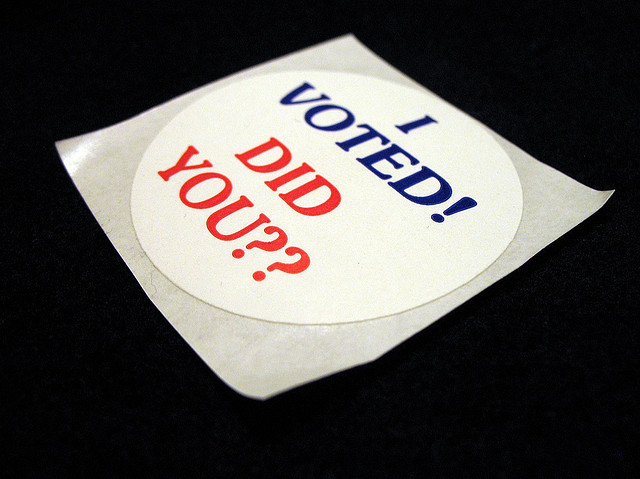Have You vs Did You
It is important to understand the difference between the expressions “have you” and “did you” in the English language, as they are often used but have different applications in usage.
What does Have You mean?
The expression “have you” is primarily used in questions, such as:
1. Have you bought this yesterday?
2. Have you missed the bus?
It is mainly used in interrogative sentences and typically in the second person, although it can also be used in the first person, for example:
1. Have I committed a mistake?
2. Have I failed to react?
In these cases, “have you” is replaced with “have I”. Additionally, “have you” can sometimes be used independently as a single expression following a main sentence and in an interrogative sense, for example:
1. I hope you have gone to London. Have you?
2. I think you have prepared it. Have you?
What does Did You mean?
The expression “did you” is used alongside a verb, for example:
1. Did you make it?
2. Did you know the difference between the two?
Like “have you”, “did you” is used in interrogative sentences and primarily in the second person, although it can also be used in the first person by changing “you” to “I”. Additionally, “did you” can be used independently as a single expression following a main sentence, often implying doubt, for example:
1. You know this has happened. Did you?
2. I think you gave it to her. Did you?
Key Takeaways
- Both “have you” and “did you” are used in interrogative sentences and mainly in the second person.
- “Have you” is sometimes used independently following a main sentence, whereas “did you” is used alongside a verb.
- When added as a single expression, “did you” implies doubt, whereas “have you” does not.
